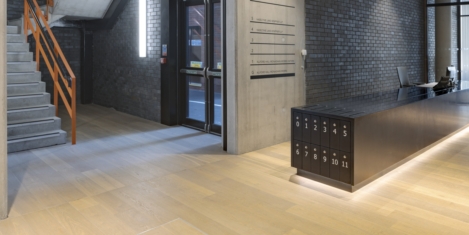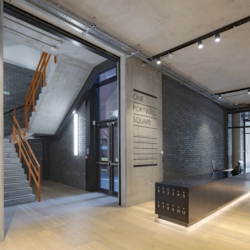To provide the best experiences, we use technologies like cookies to store and/or access device information. Consenting to these technologies will allow us to process data such as browsing behaviour or unique IDs on this site. Not consenting or withdrawing consent, may adversely affect certain features and functions.
The technical storage or access is strictly necessary for the legitimate purpose of enabling the use of a specific service explicitly requested by the subscriber or user, or for the sole purpose of carrying out the transmission of a communication over an electronic communications network.
The technical storage or access is necessary for the legitimate purpose of storing preferences that are not requested by the subscriber or user.
The technical storage or access that is used exclusively for statistical purposes.
The technical storage or access that is used exclusively for anonymous statistical purposes. Without a subpoena, voluntary compliance on the part of your Internet Service Provider, or additional records from a third party, information stored or retrieved for this purpose alone cannot usually be used to identify you.
The technical storage or access is required to create user profiles to send advertising, or to track the user on a website or across several websites for similar marketing purposes.
 Connection, the British based furniture designer and manufacturer, has added to its existing portfolio of interior architecture products, with the launch of ONE. A unique modular solution, ONE is as the name denotes, one core module that facilitates and supports infinite possibilities. The ONE range comprises of a single core module, supported by a series of simple components to create building blocks, conceptualised to deliver inspiring configurations for inspiring spaces. (more…)
Connection, the British based furniture designer and manufacturer, has added to its existing portfolio of interior architecture products, with the launch of ONE. A unique modular solution, ONE is as the name denotes, one core module that facilitates and supports infinite possibilities. The ONE range comprises of a single core module, supported by a series of simple components to create building blocks, conceptualised to deliver inspiring configurations for inspiring spaces. (more…)




































March 25, 2024
How to create a truly inclusive office design
by Alesya Karnaukhova • Comment, Workplace design